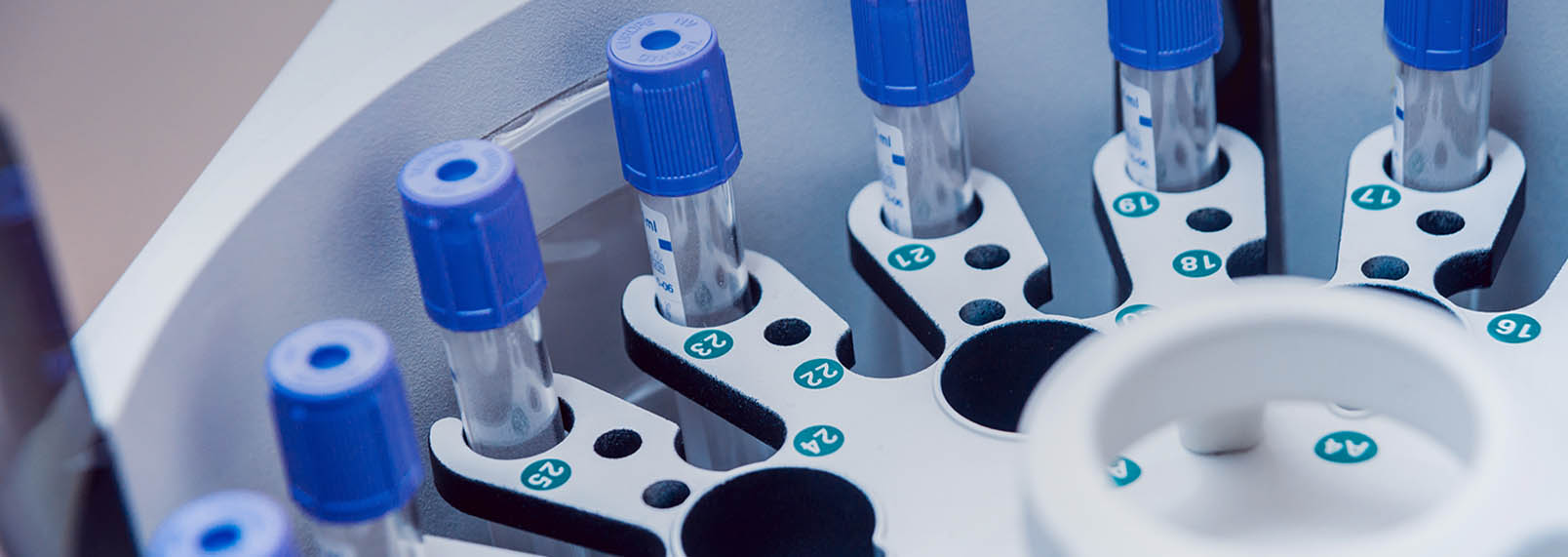Alanyl-lysine
* Please be kindly noted products are not for therapeutic use. We do not sell to patients.

| Category | Others |
| Catalog number | BBF-05500 |
| CAS | 6366-77-4 |
| Molecular Weight | 217.27 |
| Molecular Formula | C9H19N3O3 |
| Purity | ≥95% |
Online Inquiry
Description
Alanyl-lysine is a dipeptide composed of alanine and lysine. It is an incomplete breakdown product of protein digestion or protein catabolism.
Specification
| Synonyms | H-AK-OH; L-alanyl-L-lysine; Ala-Lys; L-Lysine, L-alanyl-; Ala-Lys-OH; L-Ala-L-Lys; (S)-6-Amino-2-((S)-2-amino-propionylamino)-hexanoic acid; N2-L-Alanyl-L-lysine; Nα-L-Alanyl-L-lysine; Alanine-lysine dipeptide; AK dipeptide; N2-Alanyllysine |
| Sequence | H-Ala-Lys-OH |
| IUPAC Name | (2S)-6-amino-2-[[(2S)-2-aminopropanoyl]amino]hexanoic acid |
| Canonical SMILES | CC(C(=O)NC(CCCCN)C(=O)O)N |
| InChI | InChI=1S/C9H19N3O3/c1-6(11)8(13)12-7(9(14)15)4-2-3-5-10/h6-7H,2-5,10-11H2,1H3,(H,12,13)(H,14,15)/t6-,7-/m0/s1 |
| InChI Key | QXRNAOYBCYVZCD-BQBZGAKWSA-N |
Properties
| Appearance | Solid |
| Boiling Point | 472.8±45.0°C at 760 mmHg |
| Density | 1.2±0.1 g/cm3 |
| Solubility | Soluble in Water |
Reference Reading
1. Metabolomics Profiling of Nephrotic Syndrome towards Biomarker Discovery
Minnie Jacob, Refat M Nimer, Mohamad S Alabdaljabar, Essa M Sabi, Mysoon M Al-Ansari, Maged Housien, Khalid M Sumaily, Lina A Dahabiyeh, Anas M Abdel Rahman Int J Mol Sci. 2022 Oct 20;23(20):12614. doi: 10.3390/ijms232012614.
Nephrotic syndrome (NS) is a kidney illness characterized by excessive proteinuria, hypoalbuminemia, edema, and hyperlipidemia, which may lead to kidney failure and necessitate renal transplantation. End-stage renal disease, cardiovascular issues, and mortality are much more common in those with NS. Therefore, the present study aimed to identify potential new biomarkers associated with the pathogenesis and diagnosis of NS. The liquid chromatography-mass spectrometry (LC-MS) metabolomics approach was applied to profile the metabolome of human serum of patients with NS. A total of 176 metabolites were significantly altered in NS compared to the control. Arginine, proline, and tryptophan metabolism; arginine, phenylalanine, tyrosine, and tryptophan biosynthesis were the most common metabolic pathways dysregulated in NS. Furthermore, alanyl-lysine and isoleucyl-threonine had the highest discrimination between NS and healthy groups. The candidate biomarkers may lead to understanding the possible metabolic alterations associated with NS and serve as potential diagnostic biomarkers.
2. Self-Assembling Behavior of pH-Responsive Peptide A6K without End-Capping
Peng Zhang, Fenghuan Wang, Yuxuan Wang, Shuangyang Li, Sai Wen Molecules. 2020 Apr 26;25(9):2017. doi: 10.3390/molecules25092017.
A short self-assembly peptide A6K (H2N-AAAAAAK-OH) with unmodified N- and C-terminus was designed, and the charge distribution model of this short peptide at different pH was established by computer simulation. The pH of the solution was adjusted according to the model and the corresponding self-assembled structure was observed using a transmission electron microscope (TEM). As the pH changes, the peptide will assemble into blocks or nanoribbons, which indicates that the A6K peptide is a pH-responsive peptide. Circular dichroism (CD) and molecular dynamics (MD) simulation showed that the block structure was formed by random coils, while the increase in β-turn content contributes to the formation of intact nanoribbons. A reasonable explanation of the self-assembling structure was made according to the electrostatic distribution model and the effect of electrostatic interaction on self-assembly was investigated. This study laid the foundation for further design of nanomaterials based on pH-responsive peptides.
3. Self-assembling A6K peptide nanotubes as a mercaptoundecahydrododecaborate (BSH) delivery system for boron neutron capture therapy (BNCT)
Hiroyuki Michiue, Mizuki Kitamatsu, Asami Fukunaga, Nobushige Tsuboi, Atsushi Fujimura, Hiroaki Matsushita, Kazuyo Igawa, Tomonari Kasai, Natsuko Kondo, Hideki Matsui, Shuichi Furuya J Control Release. 2021 Feb 10;330:788-796. doi: 10.1016/j.jconrel.2020.11.001. Epub 2020 Nov 11.
Boron neutron capture therapy (BNCT) is a tumor selective therapy, the effectiveness of which depends on sufficient 10B delivery to and accumulation in tumors. In this study, we used self-assembling A6K peptide nanotubes as boron carriers and prepared new boron agents by simple mixing of A6K and BSH. BSH has been used to treat malignant glioma patients in clinical trials and its drug safety and availability have been confirmed; however, its contribution to BNCT efficacy is low. A6K nanotube delivery improved two major limitations of BSH, including absence of intracellular transduction and non-specific drug delivery to tumor tissue. Varying the A6K peptide and BSH mixture ratio produced materials with different morphologies-determined by electron microscopy-and intracellular transduction efficiencies. We investigated the A6K/BSH 1:10 mixture ratio and found high intracellular boron uptake with no toxicity. Microscopy observation showed intracellular localization of A6K/BSH in the perinuclear region and endosome in human glioma cells. The intracellular boron concentration using A6K/BSH was almost 10 times higher than that of BSH. The systematic administration of A6K/BSH via mouse tail vein showed tumor specific accumulation in a mouse brain tumor model with immunohistochemistry and pharmacokinetic study. Neutron irradiation of glioma cells treated with A6K/BSH showed the inhibition of cell proliferation in a colony formation assay. Boron delivery using A6K peptide provides a unique and simple strategy for next generation BNCT drugs.
Recommended Products
| BBF-01826 | Deoxymannojirimycin | Inquiry |
| BBF-02642 | Lactonamycin | Inquiry |
| BBF-01825 | Loganin | Inquiry |
| BBF-01693 | Doxorubicin EP Impurity A (Daunorubicin) | Inquiry |
| BBF-03753 | Baicalin | Inquiry |
| BBF-03755 | Actinomycin D | Inquiry |
Bio Calculators
* Our calculator is based on the following equation:
Concentration (start) x Volume (start) = Concentration (final) x Volume (final)
It is commonly abbreviated as: C1V1 = C2V2
* Total Molecular Weight:
g/mol
Tip: Chemical formula is case sensitive. C22H30N4O √ c22h30n40 ╳





